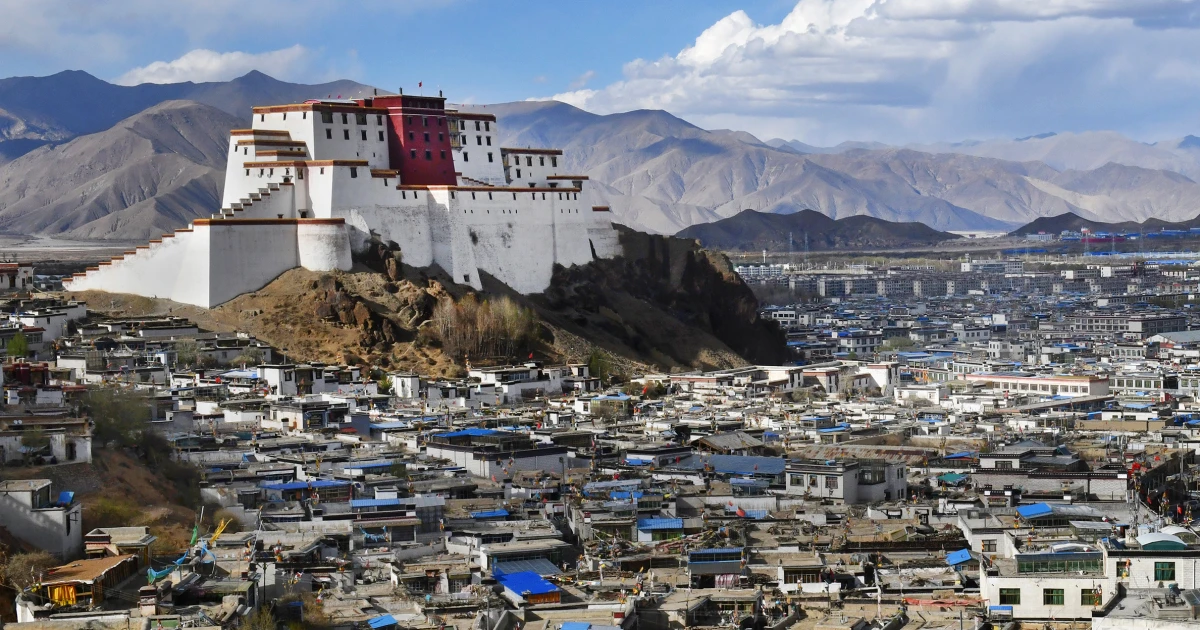
HONG KONG — Officials in Tibet are investigating after Canadian outdoor apparel brand Arc’teryx set off fireworks in the Himalayas in a publicity stunt that was widely criticized over its potential impact on the environment.
The fireworks display, called the “Ascending Dragon,” was staged on Friday by Arc’teryx and prominent Chinese artist Cai Guo-Qiang at an altitude of about 18,000 feet in the Himalayas, a highly fragile and unstable ecosystem in southwest Tibet, according to Xinhua, China’s state-run news agency.
The show played out in three acts, with bursts of color igniting one after another along the ridge, tracing the mountain’s outline in rainbow-like waves, according to videos that have since been deleted.
A local environmental official told state-run news outlet The Beijing News that the event did not require review because it used eco-friendly materials. The display site was outside any protected area, and there was no sign of ecological damage so far, the official said.
But the Arc’teryx publicity campaign quickly drew backlash on Chinese social media, prompting officials in the Tibetan city of Shigatse to launch an investigation.
The high-end gear maker, whose parent company is owned by the Chinese sportswear company Anta, said Sunday that it expressed the “most sincere apologies” and promised “timely and effective remedies” in case of any damage.
“This project was intended to raise awareness of local culture in the high mountains through artistic creation,” it said in a statement on Weibo, a Chinese platform similar to X.
“Despite this original intention, deviations and even errors occurred during the presentation of the works,” the brand added.
Cai, 67, who is known for his gunpowder paintings and pyrotechnics and ran the fireworks shows at the opening and closing ceremonies of the 2008 Beijing Olympics, also apologized.
His studio said that it would “actively cooperate” with a third-party group and the government to conduct a “thorough assessment” of the project’s environmental impact.
“We have always held a deep reverence for nature,” Cai said in a statement on Sunday. “In the future, we will be more cautious and rigorous in our assessments of the environmental impact brought by our artistic activities.”
The backlash against Arc’teryx highlights Chinese consumers’ growing preference for practicality and sustainability over grand spectacles that could potentially lead to waste and degradation, said Sho Hu, a Beijing-based public relations consultant and commentator.
“This is a shift shaped by different stages of China’s economic growth,” Hu told NBC News Monday in a phone interview. “People are no longer interested in pursuing grand celebrations. Instead, they choose to focus on themselves, because they don’t feel as happy as they used to.”



